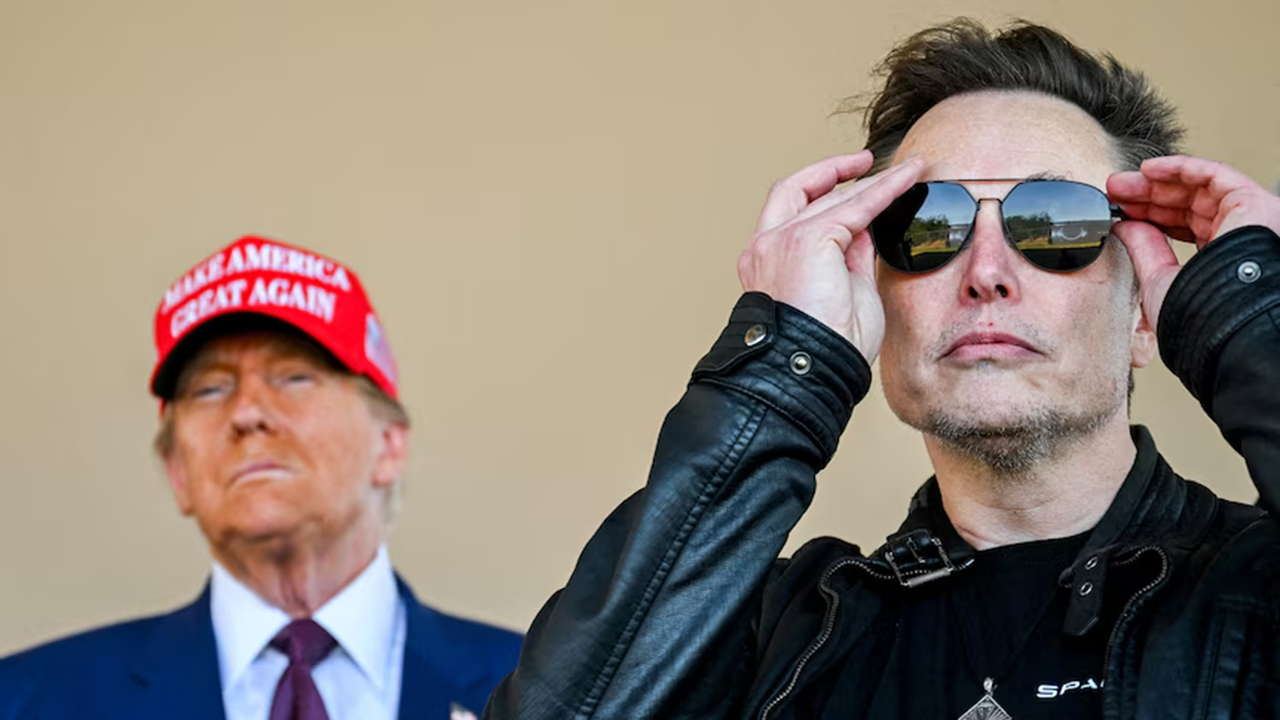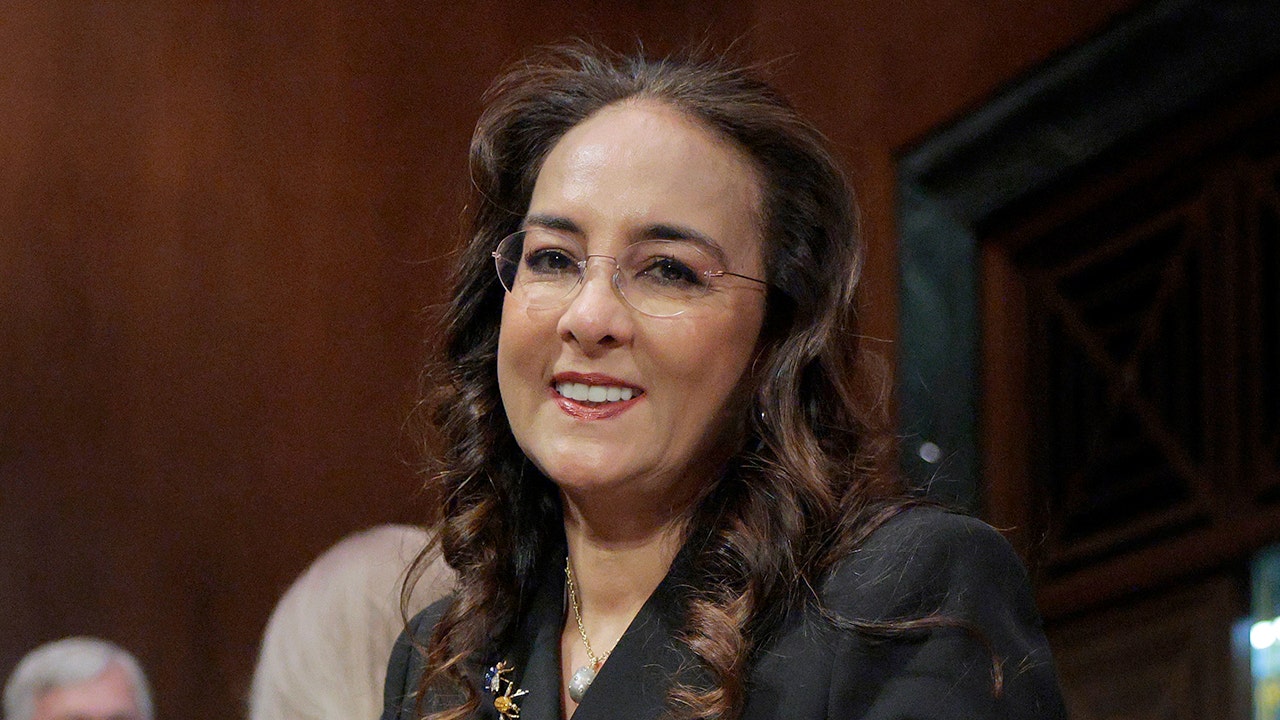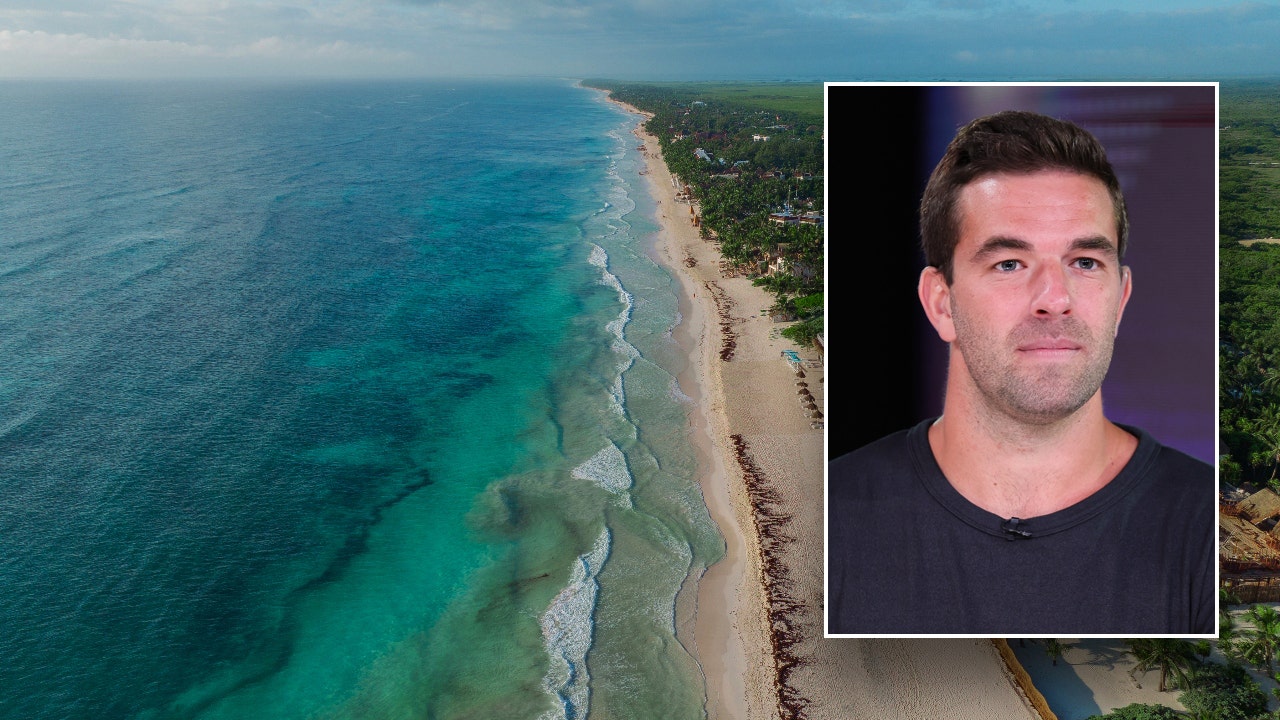Disney has been no stranger to box office bombs following the company’s woke turn in recent years. But the live-action remake of Snow White may become the Mouse House’s most embarrassing – and expensive – flop yet.
Snow White, starring Rachel Zegler as Snow White and Gal Gadot as the Evil Queen, hit theaters on March 21. Despite a production budget of $270 million, the film earned just $44.2 million during a lackluster opening weekend before ticket sales plummeted 66 percent to just $14.2 million during its second weekend.
The scale of Snow White’s failure is staggering; according to Cosmic Book News, it could lose as much as $300 million once the marketing budget (usually as much or more than the production budget) is taken into account. That would make Snow White among Disney’s least successful films ever – a shocking result given that the original, which was released in 1937 as Disney’s first feature-length animated film, is beloved by generations of viewers.
Even the critics – normally friendly to any big-budget film with a decidedly left-wing political agenda – can’t stand it. The film has just a 44 percent rating on “Rotten Tomatoes.”
It’s not difficult to see where Disney went wrong with Snow White. Following years of criticism over the company infusing far-left ideology into its movies and TV shows, this flop appears to be yet another peak of consumer backlash. This rendition of Snow White not only rewrote the original story but did so with absolute contempt for the source material.
Controversy over the film began in June 2021 when Rachel Zegler was announced as the film’s titular lead. Zegler, a half-Polish, half-Colombian American, rose to critical acclaim for her portrayal of Maria, the Latina female lead in the film adaptation of West Side Story. But as critics pointed out, in the original Snow White story, based on a fairy tale by The Brothers Grimm written in 1812, the main character is described as having “skin white as snow, lips red as blood, and hair black as ebony” – hence the name “Snow White.”
Moreover, the central tension in the story revolves around the Evil Queen’s jealousy of Snow White’s beauty. As even Zegler’s fans pointed out online, the movie utterly fails to create a compelling image of the actress as “the fairest of them all.”
Of course, anyone who pointed out these glaring discrepancies was instantly decried as a racist and a misogynist. But to neutral observers, it was clear that Disney was attempting to play identity politics with the casting rather than choosing the best actress for the role. This was made all the more obvious when Zegler criticized the Snow White story, calling it “extremely dated when it comes to the ideas of women being in roles of power” and describing Prince Charming as a “stalker.”
In a later interview with Variety, Zegler said of her character, “She’s not going to be saved by the prince. She’s not going to be dreaming about true love. She’s dreaming about becoming the leader she knows she can be.” (Because who doesn’t want a healthy dose of militant feminism in their fairy tales?)
As if those comments weren’t enough to turn off moviegoers, Zegler attracted more controversy by infusing left-wing activism into her promotion of the film. In an X thread promoting the trailer, she posted, “and remember, as always, free palestine.” Co-star Gal Gadot, who is Israeli, reportedly received death threats over her nationality, and Disney had to hire extra security for Gadot and her family.
Following President Donald Trump’s election last November, Zegler also said, “may Trump supporters and Trump voters and Trump himself never know peace.” She later apologized for that comment.
Beyond Zegler, filmmakers unwittingly stepped into another casting controversy through their portrayal of the seven dwarfs. The original plan was to have seven real-life little people portray the characters. But following this announcement, critically acclaimed actor and little person advocate Peter Dinklage blasted the decision, calling Snow White a “backward story about seven dwarfs living in a cave together.” In response, Disney announced that the dwarves would be “reimagined” as seven CGI “magical creatures.”
This stoked further controversy as other actors living with dwarfism excoriated Dinklage and Disney for denying them work. Most notably, Jeff Brooks, another actor with dwarfism, stated, “Peter Dinklage may be the biggest dwarf actor of all time, but it doesn’t make him King Dwarf… It makes me sick to my stomach to think that there are seven roles for dwarfs that can’t get normal acting roles, and now they are gone because of this guy.”
These casting decisions and even Zegler’s political activism could perhaps be dismissed as superficial and superfluous so long as the spirit of the film is preserved. But Disney screenwriters so aggressively rewrote the movie that, were the character names and costumes not the same, one could mistake it for an entirely different film.
The noble, selfless, and brave Prince Charming, for instance, was replaced with “Jonathan,” a grungy, cynical bandit who seeks to overthrow the government. Instead of Snow White dreaming of her prince and living “happily ever after,” she dreams of seizing power from the queen. Instead of Snow White being awoken by the magic of true love’s kiss, she awakens arbitrarily with no real explanation other than “willpower.” All in all, it makes for a thoroughly un-magical story.
Even the music didn’t escape the butchery of Disney’s woke censors. Some of the most iconic songs from the original films were cut or rewritten entirely. The famous song “Someday My Prince Will Come” was considered “too problematic” and replaced with an “empowerment anthem.” That “anthem” features Jonathan taunting Snow White about her “princess problems,” the fairy tale equivalent of “checking someone’s privilege.” The songs “Heigh-Ho” and “Whistle While You Work” were still included, but their lyrics are rewritten to be more in line with modern liberal sensibilities.
The film is so infused with political commentary that one progressive critic hilariously stated, “I don’t know why, but Snow White is totally about lefty infighting.” She notes that the original love story has been replaced with “a tale as old as time – a sheltered Ivy League girl meets a rakish dirtbag leftist who lives with a bunch of roommates and who radicalizes her by negging her about her privilege.”
By the time the film was released, Disney had lost so much confidence in it that it declined even to hold a full red-carpet event. Disney insiders are already putting the blame squarely on Zegler’s shoulders.
Jonah Platt, the son of the film’s producer, took to Instagram to criticize Zegler for her actions leading up to the film’s release. In a since-deleted comment, he wrote, “Tens of thousands of people worked on that film, and she hijacked the conversation for her own immature desires at the risk of all of her colleagues, crew, and blue-collar workers who depend on that movie to be successful. Narcissism is not something to be coddled or encouraged.”
While it is easy to pin all the blame on Zegler, she was only a symptom of the real problem: Disney’s abandonment of making great movies in favor of making left-wing political propaganda.
Ironically enough, in a world where woke virtue signaling is rapidly falling out of favor, from the collapse of university DEI offices to corporations abandoning ESG investing, Disney’s decision to release one of its most glaringly political films ever makes this 2025 remake feel more dated than the 1937 original.
Andrew Shirley is a veteran speechwriter and AMAC Newsline columnist. His commentary can be found on X at @AA_Shirley.
Read the full article here










